Fatty Liver: a growing disease
August 24, 2019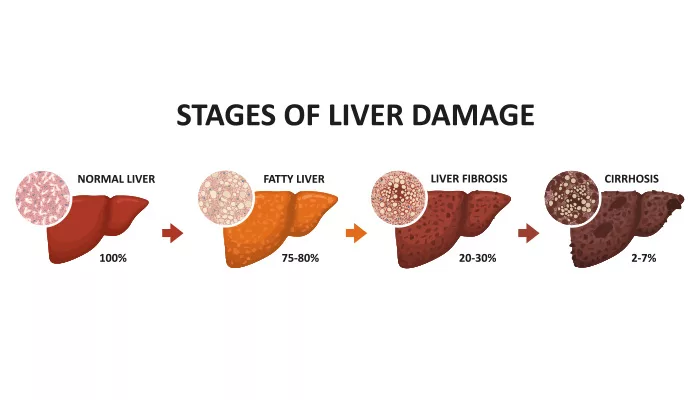
Fatty Liver Disease
Non-alcoholic fatty liver disease (NAFLD) is a condition in which extra fat develops on the liver and doesn’t usually cause any symptoms. NAFLD is an umbrella that encloses problems ranging from Non-alcoholic fatty liver (NAFL) to Non-alcoholic steatohepatitis (NASH) to fibrosis. It has been found that about 25% of the adults are prone to NAFL; while 3-5% of them develop NASH. It is estimated that 63% of the people will be affected by NASH by 2030.
The different types of liver problems are:
- Hepatitis caused by viruses Hepatitis A,B or C
- Non-alcoholic fatty liver disease
- Alcoholic fatty liver disease
- Cirrhosis
- Amyloidosis- Accumulation of protein in the liver
- Noncancerous tumor in the liver
- Gall bladder obstruction
- Bile duct problems
- Wilson disease- accumulation of copper in the liver
- Hemochromatosis- Accumulation of iron in the liver
- Cysts in the liver
Why is it necessary to find out which type of NAFLD you have?
Usually NAFL doesn’t affect the liver in terms of causing sickness, but people with NASH may have inflammation on their liver cells. This can lead to more complex conditions like fibrosis or liver cancer.
How do you detect whether you have simple NAFL or NASH?
This is usually done using a liver biopsy.
How does one develop a fatty liver?
The liver is responsible for making proteins for body functions, digestion, removal of toxic substances and storing fat. When the liver has to deal with a large amount of fat, the liver cells, hepatocytes, get to work immediately. Sometimes, the fat accumulates on the cells, leading to inflammation. The liver becomes prone to more scars, leading to fibrosis and liver cancer, which is usually irreversible.

Causes of fatty liver:
- Obesity
- Type 2 Diabetes
- High blood pressure
- Some drugs
- Unstable cholesterol levels
- Resistance to insulin
- Genetic factors
First, let’s discuss the preventive measures and these include the most basic lifestyle changes that you must incorporate.
- Maintain your body weight
This is most important and difficult to achieve. Starting off with baby steps, you should try losing at least 5 per cent of your body weight as soon as possible. Slowly, you should try losing 7 to 10 per cent. This will help reduce the inflammation or any damage to the liver and might even reverse any fibrosis condition. You should target losing a few kilograms of weight per week, as drastic reduction might worsen your condition. You should preferably consult a doctor who can help you with the weight loss process.
- Eat a diet which is balanced and wholesome
A diet that lays emphasis on fruits, vegetables, nuts and whole grains in the right amount is suggested. Try cutting down on the fatty foods like butter so that the liver cells aren’t burdened with the heavy fat. Also try cutting down on sugar as much as you can.
- Cut down on alcohol completely if possible
While NAFL is attributed to non-alcoholics, liver problem are a spectrum that affects those who drink alcohol. Why trigger the liver cells? Try cutting down on the level of alcohol, first slowly and then completely.
- Ensure that none of your medications have a toxic effect on your liver
It is important to check the side effects that your medication might have because it usually goes undetected. Check with your doctor if it has any effect on your liver or may lead to fibrosis. Also, limit the medication to the prescribed doses.
- Get vaccinated against Hepatitis
It is very crucial to prevent the viruses like Hepatitis A and Hepatitis B which is why you should get vaccinated against them.
- Increased physical activity
It is important for you to keep yourself active physically. You should dedicate at least 30 minutes a day for exercise and make sure that you don’t laze around. Keep yourself as active as possible, it will help maintain your weight.
Consult General Surgeion Dr. Nanda Rajaneesh
Our Doctors
DR. DEVANSH ARORA
MBBS, MS...
| Experience | : | 4 Yeras Experience |
|---|---|---|
| Speciality | : | General Surgery, Lap... | Location | : | Vikas Nagar |
| Timings | : | ON CALL... |
DR. L.N. ARORA
MBBS, MS...
| Experience | : | 36 Yeras Experience |
|---|---|---|
| Speciality | : | General Surgery, Lap... | Location | : | Vikas Nagar |
| Timings | : | ON CALL... |
DR. P VIJAYA KUMAR
MBBS , DNB , FRCS...
| Experience | : | 16 Yeras Experience |
|---|---|---|
| Speciality | : | General Surgery, Lap... | Location | : | MRC Nagar |
| Timings | : | On Call... |
DR. HEMA KAPOOR
MBBS,MS...
| Experience | : | 16 Yeras Experience |
|---|---|---|
| Speciality | : | General Surgery, Lap... | Location | : | Sector 8 |
| Timings | : | Tue, Thur & Sat : 5:... |
DR. VIJAY KUMAR
MBBS, MS (General Su...
| Experience | : | 17 Yeras Experience |
|---|---|---|
| Speciality | : | General Surgery, Lap... | Location | : | NSG Chowk |
| Timings | : | Mon, Wed & Fri : 05:... |
DR. JITENDRA SINGH
MBBS, MS (General Su...
| Experience | : | 6 Yeras Experience |
|---|---|---|
| Speciality | : | General Surgery, Lap... | Location | : | NSG Chowk |
| Timings | : | Tue, Thur & Sat : 05... |
DR. T RAMKUMAR
MBBS, MS (General Su...
| Experience | : | 17 Yeras Experience |
|---|---|---|
| Speciality | : | General Surgery, Lap... | Location | : | MRC Nagar |
| Timings | : | Mon - Sat : On Call... |
DR. ARUN PRASAD
MBBS, MS, FRCSED, FR...
| Experience | : | 35 Yeras Experience |
|---|---|---|
| Speciality | : | General Surgery, Lap... | Location | : | NSG Chowk |
| Timings | : | Sat: 09:00 AM to 10:... |
DR VIJAY KUMAR MITTAL
MBBS,MS,FRCS...
| Experience | : | 30 Yeras Experience |
|---|---|---|
| Speciality | : | General Surgery, Lap... | Location | : | Agam Kuan |
| Timings | : | Mon - Sat : 12:00 PM... |
DR ABHAY KUMAR
MBBS,MS,FMAS,Advance...
| Experience | : | 13 Yeras Experience |
|---|---|---|
| Speciality | : | General Surgery, Lap... | Location | : | Agam Kuan |
| Timings | : | Mon - Sat : 11:00 AM... |
DR SAMIR GUPTA
MBBS,MS,MCH...
| Experience | : | 11 Yeras Experience |
|---|---|---|
| Speciality | : | General Surgery, Lap... | Location | : | Vikas Nagar |
| Timings | : | Mon - Sat : On Call... |
DR. GOKARAN MANJHI
MBBS, MS, FMAS, FIAG...
| Experience | : | 15 Yeras Experience |
|---|---|---|
| Speciality | : | General Surgery, Lap... | Location | : | Vikas Nagar |
| Timings | : | Mon - Sat : 10:00 AM... |
DR. KEDAR PRATAP PATIL
MBBS, MS, DNB...
| Experience | : | 12 Yeras Experience |
|---|---|---|
| Speciality | : | General Surgery, Lap... | Location | : | Sadashiv Peth |
| Timings | : | Mon - Sat : 10:00 AM... |
DR. DURAI RAVI
MBBS, MS, EFIAGES, F...
| Experience | : | 7 Yeras Experience |
|---|---|---|
| Speciality | : | General Surgery, Lap... | Location | : | MRC Nagar |
| Timings | : | Mon - Sat | 9:00am ... |
DR. AMIT THADANI
MS (General Surgery)...
| Experience | : | 17 Yeras Experience |
|---|---|---|
| Speciality | : | General Surgery, Lap... | Location | : | Chembur |
| Timings | : | Available by prior a... |
DR. PARVEZ ANSARI
M.B.B.S; D.N.B ( GEN...
| Experience | : | 12 Yeras Experience |
|---|---|---|
| Speciality | : | General Surgery, Lap... | Location | : | Kondapur |
| Timings | : | Mon - Sat : 5:30 PM ... |
DR. ASHEESH KUMAR GUPTA
MBBS, MS, MCH In Neu...
| Experience | : | 11 Yeras Experience |
|---|---|---|
| Speciality | : | General Surgery & Ne... | Location | : | Chunni Ganj |
| Timings | : | Mon - Sat : 4:00 PM ... |
DR. VAIBHAV GUPTA
MBBS, MS (General Su...
| Experience | : | 8 Yeras Experience |
|---|---|---|
| Speciality | : | General Surgery, Lap... | Location | : | Chunni Ganj |
| Timings | : | Mon - Fri : 4:00 PM ... |
DR. A S PRAKASH
MBBS, DSM (Gastro)...
| Experience | : | 22 Yeras Experience |
|---|---|---|
| Speciality | : | General Surgery, Lap... | Location | : | Koramangala |
| Timings | : | Mon - Sat : 9:00 AM ... |
DR. LAKIN VIRA
MBBS, DNB (General S...
| Experience | : | 13 Yeras Experience |
|---|---|---|
| Speciality | : | General Surgery ... | Location | : | Tardeo |
| Timings | : | Mon, Wed, Fri : 12:0... |
DR. SANJAY BORUDE
MBBS, FICS MS (Gener...
| Experience | : | 40 Yeras Experience |
|---|---|---|
| Speciality | : | General Surgery ... | Location | : | Chembur |
| Timings | : | Mon - Fri : 11:00 AM... |
DR. SANJAY BORUDE
MBBS, MS (General Su...
| Experience | : | 40 Yeras Experience |
|---|---|---|
| Speciality | : | General Surgery ... | Location | : | Tardeo |
| Timings | : | Mon - Fri : 2:00 PM ... |
DR. AMOL WAGH
MBBS, MS (General Su...
| Experience | : | 22 Yeras Experience |
|---|---|---|
| Speciality | : | General Surgery ... | Location | : | Tardeo |
| Timings | : | Tue, Thur, Sat : 4:0... |
DR. DEVBRATA ADHIKARI
MBBS, MS (General Su...
| Experience | : | 23 Yeras Experience |
|---|---|---|
| Speciality | : | General Surgery ... | Location | : | Tardeo |
| Timings | : | Mon, Wed, Fri : 6:00... |
DR. KHYATI SHROFF
MBBS, MS (General Su...
| Experience | : | 37 Yeras Experience |
|---|---|---|
| Speciality | : | General Surgery ... | Location | : | Tardeo |
| Timings | : | Mon - Fri : 6:00 PM ... |
DR. KETAN MARKER
MBBS, MS (General Su...
| Experience | : | 32 Yeras Experience |
|---|---|---|
| Speciality | : | General Surgery ... | Location | : | Chembur |
| Timings | : | Tue, Fri: 5:00 PM to... |
DR. ERBAZ MOMIN
MBBS, MS(Surg), DNB(...
| Experience | : | 12+ Yeras Experience |
|---|---|---|
| Speciality | : | General Surgery, Lap... | Location | : | Chembur |
| Timings | : | Mon, Wed, Thur, Sat ... |
DR. AVINASH VAGHA
MBBS, DNB...
| Experience | : | 37 Yeras Experience |
|---|---|---|
| Speciality | : | General Surgery, Lap... | Location | : | Sadashiv Peth |
| Timings | : | Mon - Sat : 12:30 PM... |
DR. RABINDER BOAZ
MBBS, MS(General Sur...
| Experience | : | 32 Yeras Experience |
|---|---|---|
| Speciality | : | General Surgery, Lap... | Location | : | MRC Nagar |
| Timings | : | Available by prior a... |
DR. GEETHIKA VAKATI
MBBS, MS (General Su...
| Experience | : | 8 Yeras Experience |
|---|---|---|
| Speciality | : | General Surgery ... | Location | : | Kondapur |
| Timings | : | Mon - Sat : 11:00 AM... |
DR. CARUNYA MANNAN
MBBS, MS (General Su...
| Experience | : | 7 Yeras Experience |
|---|---|---|
| Speciality | : | General Surgery, Lap... | Location | : | Alwarpet |
| Timings | : | Available by prior a... |
DR. MOHD SUHEL
MS ( General Surgery...
| Experience | : | 16 Yeras Experience |
|---|---|---|
| Speciality | : | General Surgery, Lap... | Location | : | Chunni Ganj |
| Timings | : | Mon - Sat : 12:00 PM... |
DR. MAYANK PORWAL
MBBS, MS (General Su...
| Experience | : | 16 Yeras Experience |
|---|---|---|
| Speciality | : | General Surgery ... | Location | : | Chunni Ganj |
| Timings | : | Mon - Sat : 1:00 PM ... |
DR. KAPIL AGRAWAL
M.B.B.S, M.S. (GENER...
| Experience | : | 10 Yeras Experience |
|---|---|---|
| Speciality | : | General Surgery, Lap... | Location | : | Chirag Enclave |
| Timings | : | Mon - Sat : 5:00 PM ... |
DR. UMA K RAGHUVANSHI
MBBS, MS ( General S...
| Experience | : | 30+ Yeras Experience |
|---|---|---|
| Speciality | : | General Surgery, Lap... | Location | : | Lal kothi |
| Timings | : | Available by prior a... |
DR. ASHISH KUMAR SRIVASTAV
MBBS, DNB - General ...
| Experience | : | 23 Yeras Experience |
|---|---|---|
| Speciality | : | General Surgery ... | Location | : | Sadashiv Peth |
| Timings | : | Mon - Sat : 1:00 PM ... |
DR. KIRAN SHAH
MBBS, MS ( GEN.SURGE...
| Experience | : | 24 Yeras Experience |
|---|---|---|
| Speciality | : | General Surgery, Lap... | Location | : | Tardeo |
| Timings | : | Available by prior a... |
DR SAMBIT PATNAIK
MBBS, PGDHHM, MS- GE...
| Experience | : | 15 Yeras Experience |
|---|---|---|
| Speciality | : | General Surgery ... | Location | : | Tardeo |
| Timings | : | Available by prior a... |
DR. PRAVIN GORE
MBBS, DNB (General S...
| Experience | : | 17 Yeras Experience |
|---|---|---|
| Speciality | : | General Surgery ... | Location | : | Tardeo |
| Timings | : | Available by prior a... |
DR. RATNESH JENAW
MBBS, MS, FMAS...
| Experience | : | 11 Yeras Experience |
|---|---|---|
| Speciality | : | General Surgery, Lap... | Location | : | Lal kothi |
| Timings | : | Mon - Sat : 10:30 AM... |
DR. RAJ KAMAL JENAW
MBBS...
| Experience | : | 35 Yeras Experience |
|---|---|---|
| Speciality | : | General Surgery ... | Location | : | Lal kothi |
| Timings | : | Tue, Thur, Sat : 3:0... |
DR. RAMESH SONBA DUMBRE
MBBS, MS (General Su...
| Experience | : | 42 Yeras Experience |
|---|---|---|
| Speciality | : | General Surgery, Lap... | Location | : | Sadashiv Peth |
| Timings | : | Mon - Sat : 9:00 AM... |
DR. ARNAB MOHANTY
MBBS, DNB, FRCS...
| Experience | : | 14 Yeras Experience |
|---|---|---|
| Speciality | : | General Surgery, Lap... | Location | : | Sector 8 |
| Timings | : | Mon - Sat : 10:00 A... |
DR. USHA MAHESHWARI
MBBS, MS...
| Experience | : | 25 Yeras Experience |
|---|---|---|
| Speciality | : | General Surgery, Lap... | Location | : | Chirag Enclave |
| Timings | : | Mon, Wed, Fri : 10:0... |
DR. GOVIND YADAV
MBBS, MS, FMAS...
| Experience | : | 9 Yeras Experience |
|---|---|---|
| Speciality | : | General Surgery ... | Location | : | Sector 82 |
| Timings | : | MBBS, MS, FMAS... |
DR. GULSHAN JIT SINGH
MBBS, MS (General Su...
| Experience | : | 49 Yeras Experience |
|---|---|---|
| Speciality | : | General Surgery /Vas... | Location | : | Chirag Enclave |
| Timings | : | Tue, Fri: 2:00 PM to... |
DR. SAURABH BANSAL
MBBS, DNB, FNB...
| Experience | : | 12 Yeras Experience |
|---|---|---|
| Speciality | : | General Surgery ... | Location | : | Karol Bagh |
| Timings | : | Thur : 9:00 AM to 11... |
DR. RATNAKAR NAMDEO
MBBS, MS, MCh...
| Experience | : | 4 Yeras Experience |
|---|---|---|
| Speciality | : | General Surgery, Lap... | Location | : | Ratahara |
| Timings | : | Mon - Sat : 10:00 AM... |
DR. FIROZ ALAM
MBBS, MS (General Su...
| Experience | : | 10 Yeras Experience |
|---|---|---|
| Speciality | : | General Surgery ... | Location | : | Agam Kuan |
| Timings | : | Sat - Fri : 10:00 AM... |
DR. VINAY SABHARWAL
MBBS, MS (General Su...
| Experience | : | 39 Yeras Experience |
|---|---|---|
| Speciality | : | General Surgery, Lap... | Location | : | Karol Bagh |
| Timings | : | Mon, Wed, Fri : 10:0... |
DR. R S GANDHI
MBBS, MS (General Su...
| Experience | : | 35 Yeras Experience |
|---|---|---|
| Speciality | : | General Surgery ... | Location | : | Karol Bagh |
| Timings | : | Tue, Thur, Sat : 10:... |
DR. S K PODDAR
MBBS,MS...
| Experience | : | 26 Yeras Experience |
|---|---|---|
| Speciality | : | General Surgery, Lap... | Location | : | Chirag Enclave |
| Timings | : | Tue, Thur : 11:00 AM... |
DR. SHIVANSHU MISRA
MBBS, MS, FNB,FAIS, ...
| Experience | : | 15 Yeras Experience |
|---|---|---|
| Speciality | : | General Surgery ... | Location | : | Chunni Ganj |
| Timings | : | Mon - Sat : 11:00 AM... |
DR. RESHMA PALEP
M.B.B.S, M.S, D.N.B,...
| Experience | : | 19 Yeras Experience |
|---|---|---|
| Speciality | : | General Surgery, Lap... | Location | : | Tardeo |
| Timings | : | Available by prior a... |
DR. ALMAS KHAN
MBBS, DNB ,FMAS...
| Experience | : | 5 Yeras Experience |
|---|---|---|
| Speciality | : | General Surgery, Lap... | Location | : | Tardeo |
| Timings | : | Available by prior a... |
DR. VINAYKUMAR THATI
MBBS, MS, DNB...
| Experience | : | 11 Yeras Experience |
|---|---|---|
| Speciality | : | General Surgery, Lap... | Location | : | Tardeo |
| Timings | : | Available by prior a... |
DR. AKHIL BHAT
MBBS, MS (Gen. Surg)...
| Experience | : | 21 Yeras Experience |
|---|---|---|
| Speciality | : | General Surgery, Lap... | Location | : | Koramangala |
| Timings | : | Mon - Sat : 4:30 PM ... |
DR. J G SHARATH KUMAR
MBBS, MS (GENERAL SU...
| Experience | : | 13 Yeras Experience |
|---|---|---|
| Speciality | : | Gastroenterology/Gen... | Location | : | Koramangala |
| Timings | : | Mon - Sat : 8:00 AM ... |
DR. VARUN J
MBBS, DNB (Gen Surge...
| Experience | : | 15 Yeras Experience |
|---|---|---|
| Speciality | : | General Surgery /Vas... | Location | : | Koramangala |
| Timings | : | Mon, Fri : 11:00 AM ... |
DR. ALOK AGARWAL
MBBS, MS (General Su...
| Experience | : | 31 Yeras Experience |
|---|---|---|
| Speciality | : | General Surgery ... | Location | : | Karol Bagh |
| Timings | : | Thur & Sat : 9:00 AM... |
DR. LAXMAN SALVE
MBBS, MS (General Su...
| Experience | : | 13 Yeras Experience |
|---|---|---|
| Speciality | : | General Surgery ... | Location | : | Tardeo |
| Timings | : | Mon - Sat : 2.00PM t... |
DR. SHULMIT VAIDYA
MBBS, MS (General Su...
| Experience | : | 22 Yeras Experience |
|---|---|---|
| Speciality | : | General Surgery ... | Location | : | Tardeo |
| Timings | : | Mon, Wed & Fri : 4.0... |
DR. SUNNY AGARWAL
MBBS, MS (General Su...
| Experience | : | 14 Yeras Experience |
|---|---|---|
| Speciality | : | General Surgery ... | Location | : | Chembur |
| Timings | : | Mon - Sat : 11:00 AM... |
DR. RAJEEV NAIK
MBBS, MS (General Su...
| Experience | : | 18 Yeras Experience |
|---|---|---|
| Speciality | : | General Surgery ... | Location | : | Chembur |
| Timings | : | Mon - Sat : 12:00 PM... |
DR. NIKUNJ BANSAL
MBBS, MS, FNB...
| Experience | : | 12 Yeras Experience |
|---|---|---|
| Speciality | : | General Surgery, Lap... | Location | : | Karol Bagh |
| Timings | : | Mon - Fri : 4:00 PM ... |
DR. APARNA GOVIL BHASKER
MBBS, MS (General Su...
| Experience | : | 21 Yeras Experience |
|---|---|---|
| Speciality | : | Bariatric Surgery/Ge... | Location | : | Chembur |
| Timings | : | Thur : 2:00 PM to 4:... |
DR. DILIP RAJPAL
MS, MAIS, FICS (USA)...
| Experience | : | 15 Yeras Experience |
|---|---|---|
| Speciality | : | General Surgery, Lap... | Location | : | Chembur |
| Timings | : | Tue, Thur, Sat : 3:0... |
DR SAMBIT PATNAIK
MBBS, PGDHHM, MS- GE...
| Experience | : | 15 Yeras Experience |
|---|---|---|
| Speciality | : | General Surgery, Lap... | Location | : | Chembur |
| Timings | : | Mon - Sat : 9:00 AM ... |
DR LAXMAN SALVE
MBBS, MS General Sur...
| Experience | : | 20+ Yeras Experience |
|---|---|---|
| Speciality | : | General Surgery ... | Location | : | Chembur |
| Timings | : | Tue, Thur, Sat : 7.3... |
DR. REKHA JAISWAL
MBBS , MS (General S...
| Experience | : | 20 Yeras Experience |
|---|---|---|
| Speciality | : | General Surgery, Lap... | Location | : | Chirag Enclave |
| Timings | : | On-call... |
DR. ANIL MALIK
MBBS, MS...
| Experience | : | 40 Yeras Experience |
|---|---|---|
| Speciality | : | General Surgery, Lap... | Location | : | Chirag Enclave |
| Timings | : | Mon, Wed, Fri : 10:0... |
DR. PRAKHAR GUPTA
MBBS, MS, FNB...
| Experience | : | 8 Yeras Experience |
|---|---|---|
| Speciality | : | General Surgery, Lap... | Location | : | Chirag Enclave |
| Timings | : | Mon - Sat : 4:00 PM ... |
DR. ATUL SARDANA
MBBS, MS (General Su...
| Experience | : | 25 Yeras Experience |
|---|---|---|
| Speciality | : | General Surgery, Lap... | Location | : | Chirag Enclave |
| Timings | : | Mon - Sat : 5:00 PM ... |
DR. SAURABH BANSAL
MBBS, DNB, FNB...
| Experience | : | 12 Yeras Experience |
|---|---|---|
| Speciality | : | General Surgery, Lap... | Location | : | Chirag Enclave |
| Timings | : | Mon, Wed, Fri : 4:00... |
DR. DEEPAK KAPOOR
MBBS, MS, FIAGES...
| Experience | : | 30 Yeras Experience |
|---|---|---|
| Speciality | : | General Surgery, Lap... | Location | : | Chirag Enclave |
| Timings | : | Tue, Thur, Sat : 4:0... |
DR. ATUL SARDANA
MBBS, MS (General Su...
| Experience | : | 25 Yeras Experience |
|---|---|---|
| Speciality | : | Bariatric Surgery/Ge... | Location | : | Karol Bagh |
| Timings | : | Mon - Sat : 12:00 PM... |
DR. ANJALI BHARTIYA
MBBS, DNB (General s...
| Experience | : | 9 Yeras Experience |
|---|---|---|
| Speciality | : | General Surgery ... | Location | : | Karol Bagh |
| Timings | : | Mon, Wed & Sat : 5:0... |
DR. SAAD ANWAR
MBBS, MS (General Su...
| Experience | : | 7 Yeras Experience |
|---|---|---|
| Speciality | : | General Surgery & Ga... | Location | : | Chunni Ganj |
| Timings | : | Mon - Sat : 9:00 AM ... |
DR. CHINNAYA PARIMI
MBBS, FACS (Fellow, ...
| Experience | : | 19 Yeras Experience |
|---|---|---|
| Speciality | : | General Surgery & Ga... | Location | : | Kondapur |
| Timings | : | Mon - Sat: 9:30 AM t... |
DR. DEVANSH ARORA
MBBS, MS...
| Experience | : | 4 Yeras Experience |
|---|---|---|
| Speciality | : | General Surgery, Lap... | Location | : | Vikas Nagar |
| Timings | : | ON CALL... |
DR. L.N. ARORA
MBBS, MS...
| Experience | : | 36 Yeras Experience |
|---|---|---|
| Speciality | : | General Surgery, Lap... | Location | : | Vikas Nagar |
| Timings | : | ON CALL... |
DR. P VIJAYA KUMAR
MBBS , DNB , FRCS...
| Experience | : | 16 Yeras Experience |
|---|---|---|
| Speciality | : | General Surgery, Lap... | Location | : | MRC Nagar |
| Timings | : | On Call... |
DR. HEMA KAPOOR
MBBS,MS...
| Experience | : | 16 Yeras Experience |
|---|---|---|
| Speciality | : | General Surgery, Lap... | Location | : | Sector 8 |
| Timings | : | Tue, Thur & Sat : 5:... |
DR. VIJAY KUMAR
MBBS, MS (General Su...
| Experience | : | 17 Yeras Experience |
|---|---|---|
| Speciality | : | General Surgery, Lap... | Location | : | NSG Chowk |
| Timings | : | Mon, Wed & Fri : 05:... |
DR. JITENDRA SINGH
MBBS, MS (General Su...
| Experience | : | 6 Yeras Experience |
|---|---|---|
| Speciality | : | General Surgery, Lap... | Location | : | NSG Chowk |
| Timings | : | Tue, Thur & Sat : 05... |
DR. T RAMKUMAR
MBBS, MS (General Su...
| Experience | : | 17 Yeras Experience |
|---|---|---|
| Speciality | : | General Surgery, Lap... | Location | : | MRC Nagar |
| Timings | : | Mon - Sat : On Call... |
DR. ARUN PRASAD
MBBS, MS, FRCSED, FR...
| Experience | : | 35 Yeras Experience |
|---|---|---|
| Speciality | : | General Surgery, Lap... | Location | : | NSG Chowk |
| Timings | : | Sat: 09:00 AM to 10:... |
DR VIJAY KUMAR MITTAL
MBBS,MS,FRCS...
| Experience | : | 30 Yeras Experience |
|---|---|---|
| Speciality | : | General Surgery, Lap... | Location | : | Agam Kuan |
| Timings | : | Mon - Sat : 12:00 PM... |
DR ABHAY KUMAR
MBBS,MS,FMAS,Advance...
| Experience | : | 13 Yeras Experience |
|---|---|---|
| Speciality | : | General Surgery, Lap... | Location | : | Agam Kuan |
| Timings | : | Mon - Sat : 11:00 AM... |
DR SAMIR GUPTA
MBBS,MS,MCH...
| Experience | : | 11 Yeras Experience |
|---|---|---|
| Speciality | : | General Surgery, Lap... | Location | : | Vikas Nagar |
| Timings | : | Mon - Sat : On Call... |
DR. GOKARAN MANJHI
MBBS, MS, FMAS, FIAG...
| Experience | : | 15 Yeras Experience |
|---|---|---|
| Speciality | : | General Surgery, Lap... | Location | : | Vikas Nagar |
| Timings | : | Mon - Sat : 10:00 AM... |
DR. KEDAR PRATAP PATIL
MBBS, MS, DNB...
| Experience | : | 12 Yeras Experience |
|---|---|---|
| Speciality | : | General Surgery, Lap... | Location | : | Sadashiv Peth |
| Timings | : | Mon - Sat : 10:00 AM... |
DR. DURAI RAVI
MBBS, MS, EFIAGES, F...
| Experience | : | 7 Yeras Experience |
|---|---|---|
| Speciality | : | General Surgery, Lap... | Location | : | MRC Nagar |
| Timings | : | Mon - Sat | 9:00am ... |
DR. AMIT THADANI
MS (General Surgery)...
| Experience | : | 17 Yeras Experience |
|---|---|---|
| Speciality | : | General Surgery, Lap... | Location | : | Chembur |
| Timings | : | Available by prior a... |
DR. PARVEZ ANSARI
M.B.B.S; D.N.B ( GEN...
| Experience | : | 12 Yeras Experience |
|---|---|---|
| Speciality | : | General Surgery, Lap... | Location | : | Kondapur |
| Timings | : | Mon - Sat : 5:30 PM ... |
DR. VAIBHAV GUPTA
MBBS, MS (General Su...
| Experience | : | 8 Yeras Experience |
|---|---|---|
| Speciality | : | General Surgery, Lap... | Location | : | Chunni Ganj |
| Timings | : | Mon - Fri : 4:00 PM ... |
DR. A S PRAKASH
MBBS, DSM (Gastro)...
| Experience | : | 22 Yeras Experience |
|---|---|---|
| Speciality | : | General Surgery, Lap... | Location | : | Koramangala |
| Timings | : | Mon - Sat : 9:00 AM ... |
DR. ERBAZ MOMIN
MBBS, MS(Surg), DNB(...
| Experience | : | 12+ Yeras Experience |
|---|---|---|
| Speciality | : | General Surgery, Lap... | Location | : | Chembur |
| Timings | : | Mon, Wed, Thur, Sat ... |
DR. AVINASH VAGHA
MBBS, DNB...
| Experience | : | 37 Yeras Experience |
|---|---|---|
| Speciality | : | General Surgery, Lap... | Location | : | Sadashiv Peth |
| Timings | : | Mon - Sat : 12:30 PM... |
DR. RABINDER BOAZ
MBBS, MS(General Sur...
| Experience | : | 32 Yeras Experience |
|---|---|---|
| Speciality | : | General Surgery, Lap... | Location | : | MRC Nagar |
| Timings | : | Available by prior a... |
DR. CARUNYA MANNAN
MBBS, MS (General Su...
| Experience | : | 7 Yeras Experience |
|---|---|---|
| Speciality | : | General Surgery, Lap... | Location | : | Alwarpet |
| Timings | : | Available by prior a... |
DR. MOHD SUHEL
MS ( General Surgery...
| Experience | : | 16 Yeras Experience |
|---|---|---|
| Speciality | : | General Surgery, Lap... | Location | : | Chunni Ganj |
| Timings | : | Mon - Sat : 12:00 PM... |
DR. KAPIL AGRAWAL
M.B.B.S, M.S. (GENER...
| Experience | : | 10 Yeras Experience |
|---|---|---|
| Speciality | : | General Surgery, Lap... | Location | : | Chirag Enclave |
| Timings | : | Mon - Sat : 5:00 PM ... |
DR. UMA K RAGHUVANSHI
MBBS, MS ( General S...
| Experience | : | 30+ Yeras Experience |
|---|---|---|
| Speciality | : | General Surgery, Lap... | Location | : | Lal kothi |
| Timings | : | Available by prior a... |
DR. KIRAN SHAH
MBBS, MS ( GEN.SURGE...
| Experience | : | 24 Yeras Experience |
|---|---|---|
| Speciality | : | General Surgery, Lap... | Location | : | Tardeo |
| Timings | : | Available by prior a... |
DR. RATNESH JENAW
MBBS, MS, FMAS...
| Experience | : | 11 Yeras Experience |
|---|---|---|
| Speciality | : | General Surgery, Lap... | Location | : | Lal kothi |
| Timings | : | Mon - Sat : 10:30 AM... |
DR. RAMESH SONBA DUMBRE
MBBS, MS (General Su...
| Experience | : | 42 Yeras Experience |
|---|---|---|
| Speciality | : | General Surgery, Lap... | Location | : | Sadashiv Peth |
| Timings | : | Mon - Sat : 9:00 AM... |
DR. ARNAB MOHANTY
MBBS, DNB, FRCS...
| Experience | : | 14 Yeras Experience |
|---|---|---|
| Speciality | : | General Surgery, Lap... | Location | : | Sector 8 |
| Timings | : | Mon - Sat : 10:00 A... |
DR. USHA MAHESHWARI
MBBS, MS...
| Experience | : | 25 Yeras Experience |
|---|---|---|
| Speciality | : | General Surgery, Lap... | Location | : | Chirag Enclave |
| Timings | : | Mon, Wed, Fri : 10:0... |
DR. RATNAKAR NAMDEO
MBBS, MS, MCh...
| Experience | : | 4 Yeras Experience |
|---|---|---|
| Speciality | : | General Surgery, Lap... | Location | : | Ratahara |
| Timings | : | Mon - Sat : 10:00 AM... |
DR. VINAY SABHARWAL
MBBS, MS (General Su...
| Experience | : | 39 Yeras Experience |
|---|---|---|
| Speciality | : | General Surgery, Lap... | Location | : | Karol Bagh |
| Timings | : | Mon, Wed, Fri : 10:0... |
DR. S K PODDAR
MBBS,MS...
| Experience | : | 26 Yeras Experience |
|---|---|---|
| Speciality | : | General Surgery, Lap... | Location | : | Chirag Enclave |
| Timings | : | Tue, Thur : 11:00 AM... |
DR. RESHMA PALEP
M.B.B.S, M.S, D.N.B,...
| Experience | : | 19 Yeras Experience |
|---|---|---|
| Speciality | : | General Surgery, Lap... | Location | : | Tardeo |
| Timings | : | Available by prior a... |
DR. ALMAS KHAN
MBBS, DNB ,FMAS...
| Experience | : | 5 Yeras Experience |
|---|---|---|
| Speciality | : | General Surgery, Lap... | Location | : | Tardeo |
| Timings | : | Available by prior a... |
DR. VINAYKUMAR THATI
MBBS, MS, DNB...
| Experience | : | 11 Yeras Experience |
|---|---|---|
| Speciality | : | General Surgery, Lap... | Location | : | Tardeo |
| Timings | : | Available by prior a... |
DR. AKHIL BHAT
MBBS, MS (Gen. Surg)...
| Experience | : | 21 Yeras Experience |
|---|---|---|
| Speciality | : | General Surgery, Lap... | Location | : | Koramangala |
| Timings | : | Mon - Sat : 4:30 PM ... |
DR. J G SHARATH KUMAR
MBBS, MS (GENERAL SU...
| Experience | : | 13 Yeras Experience |
|---|---|---|
| Speciality | : | Gastroenterology/Gen... | Location | : | Koramangala |
| Timings | : | Mon - Sat : 8:00 AM ... |
DR. NIKUNJ BANSAL
MBBS, MS, FNB...
| Experience | : | 12 Yeras Experience |
|---|---|---|
| Speciality | : | General Surgery, Lap... | Location | : | Karol Bagh |
| Timings | : | Mon - Fri : 4:00 PM ... |
DR. DILIP RAJPAL
MS, MAIS, FICS (USA)...
| Experience | : | 15 Yeras Experience |
|---|---|---|
| Speciality | : | General Surgery, Lap... | Location | : | Chembur |
| Timings | : | Tue, Thur, Sat : 3:0... |
DR SAMBIT PATNAIK
MBBS, PGDHHM, MS- GE...
| Experience | : | 15 Yeras Experience |
|---|---|---|
| Speciality | : | General Surgery, Lap... | Location | : | Chembur |
| Timings | : | Mon - Sat : 9:00 AM ... |
DR. REKHA JAISWAL
MBBS , MS (General S...
| Experience | : | 20 Yeras Experience |
|---|---|---|
| Speciality | : | General Surgery, Lap... | Location | : | Chirag Enclave |
| Timings | : | On-call... |
DR. ANIL MALIK
MBBS, MS...
| Experience | : | 40 Yeras Experience |
|---|---|---|
| Speciality | : | General Surgery, Lap... | Location | : | Chirag Enclave |
| Timings | : | Mon, Wed, Fri : 10:0... |
DR. PRAKHAR GUPTA
MBBS, MS, FNB...
| Experience | : | 8 Yeras Experience |
|---|---|---|
| Speciality | : | General Surgery, Lap... | Location | : | Chirag Enclave |
| Timings | : | Mon - Sat : 4:00 PM ... |
DR. ATUL SARDANA
MBBS, MS (General Su...
| Experience | : | 25 Yeras Experience |
|---|---|---|
| Speciality | : | General Surgery, Lap... | Location | : | Chirag Enclave |
| Timings | : | Mon - Sat : 5:00 PM ... |
DR. SAURABH BANSAL
MBBS, DNB, FNB...
| Experience | : | 12 Yeras Experience |
|---|---|---|
| Speciality | : | General Surgery, Lap... | Location | : | Chirag Enclave |
| Timings | : | Mon, Wed, Fri : 4:00... |
DR. DEEPAK KAPOOR
MBBS, MS, FIAGES...
| Experience | : | 30 Yeras Experience |
|---|---|---|
| Speciality | : | General Surgery, Lap... | Location | : | Chirag Enclave |
| Timings | : | Tue, Thur, Sat : 4:0... |
NOTICE BOARD
CONTACT US
CONTACT US
 Book Appointment
Book Appointment


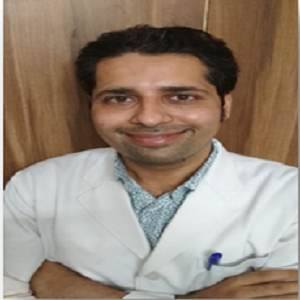

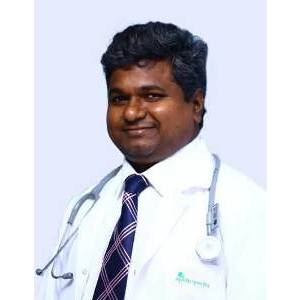
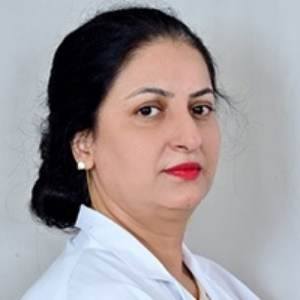


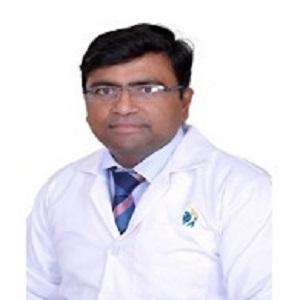
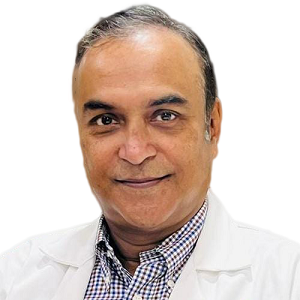


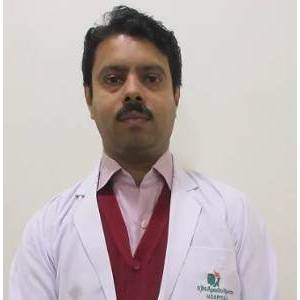
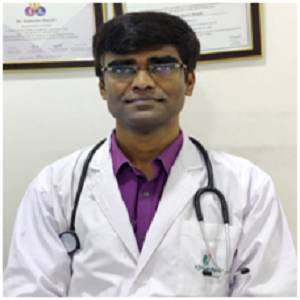
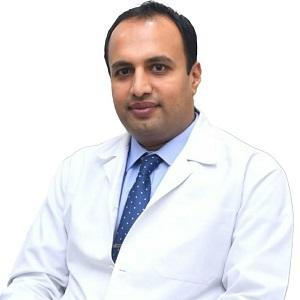


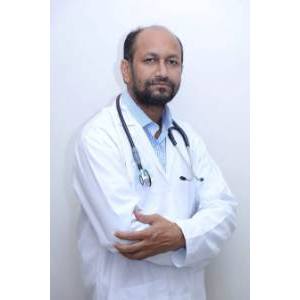
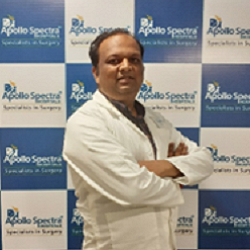
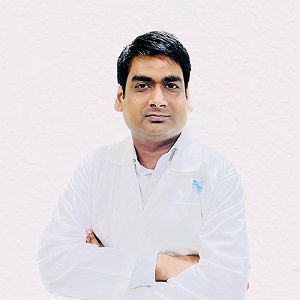
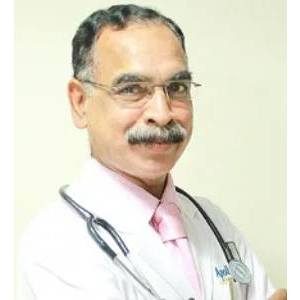

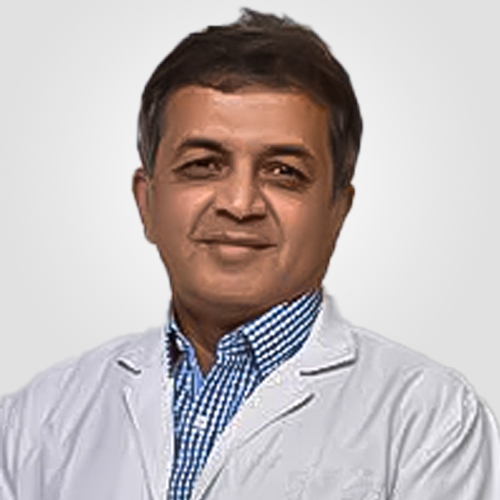
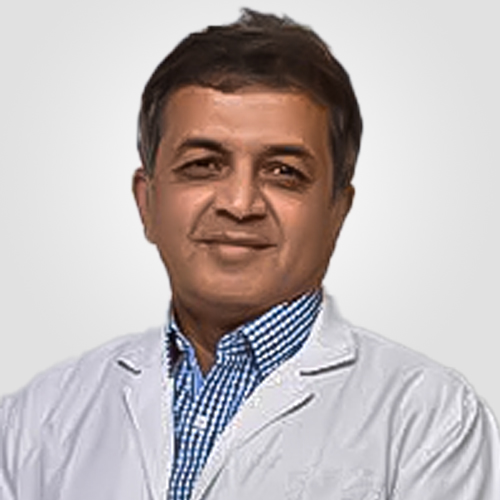
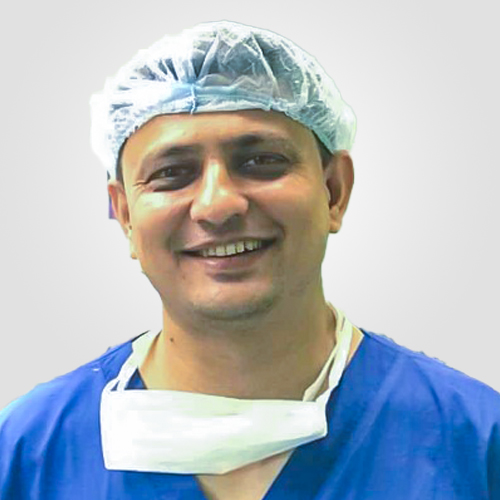
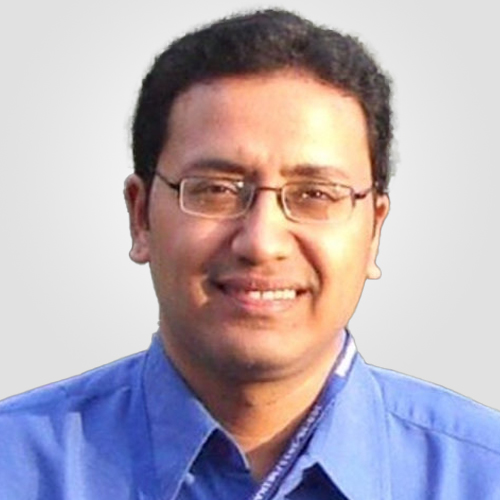
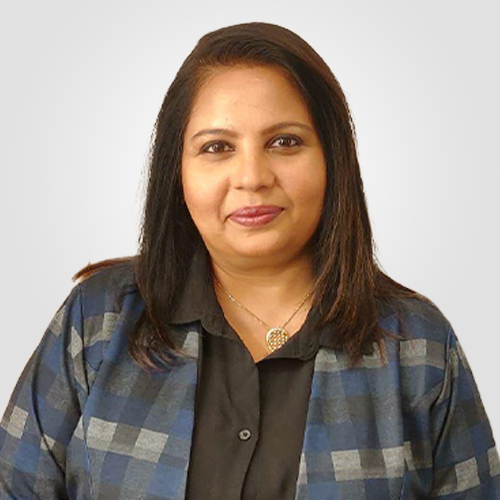

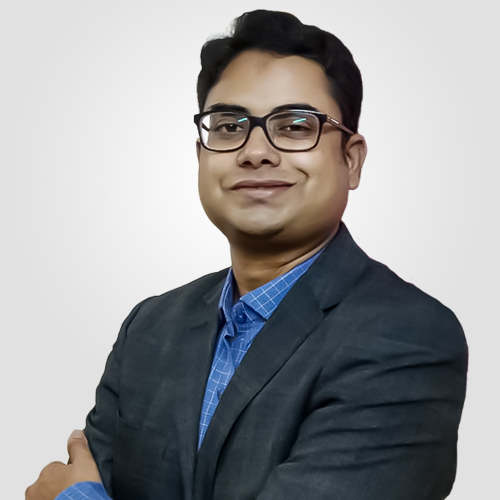
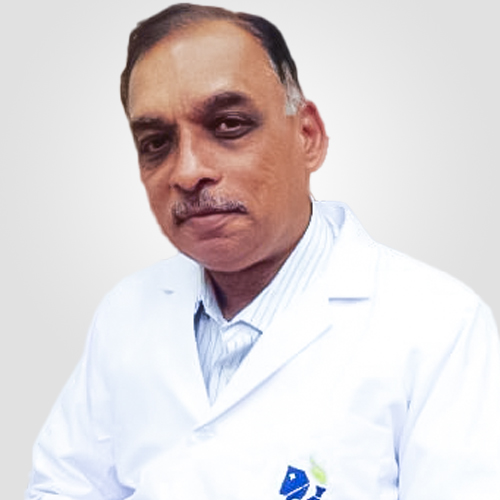

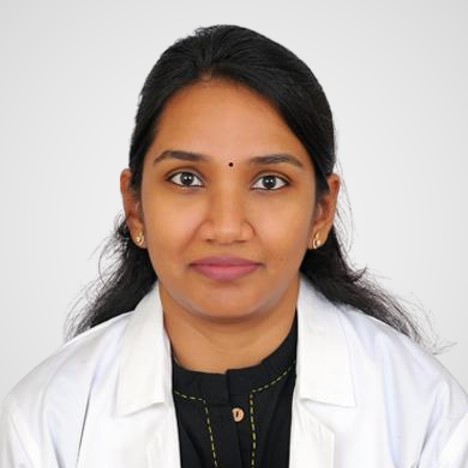
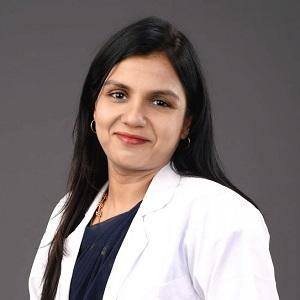

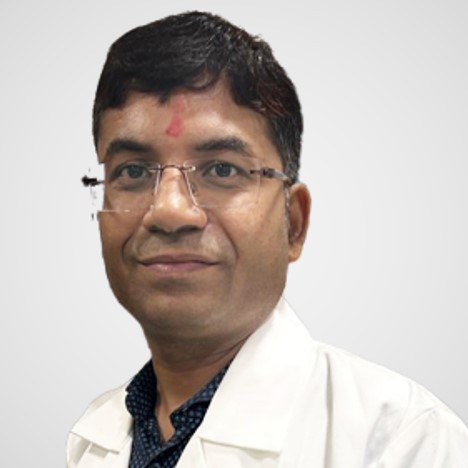
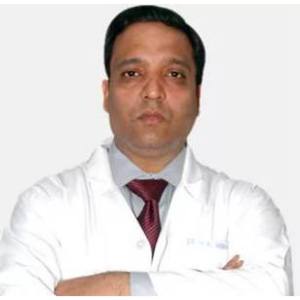

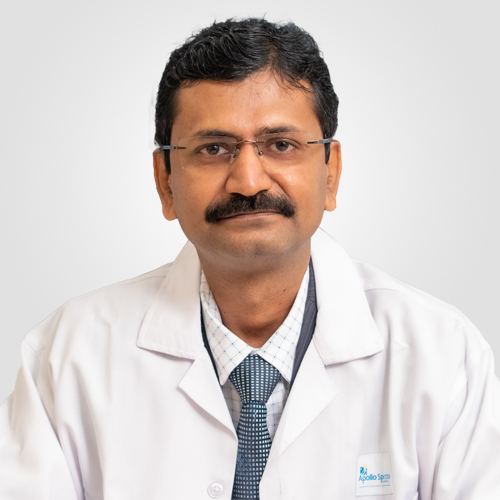
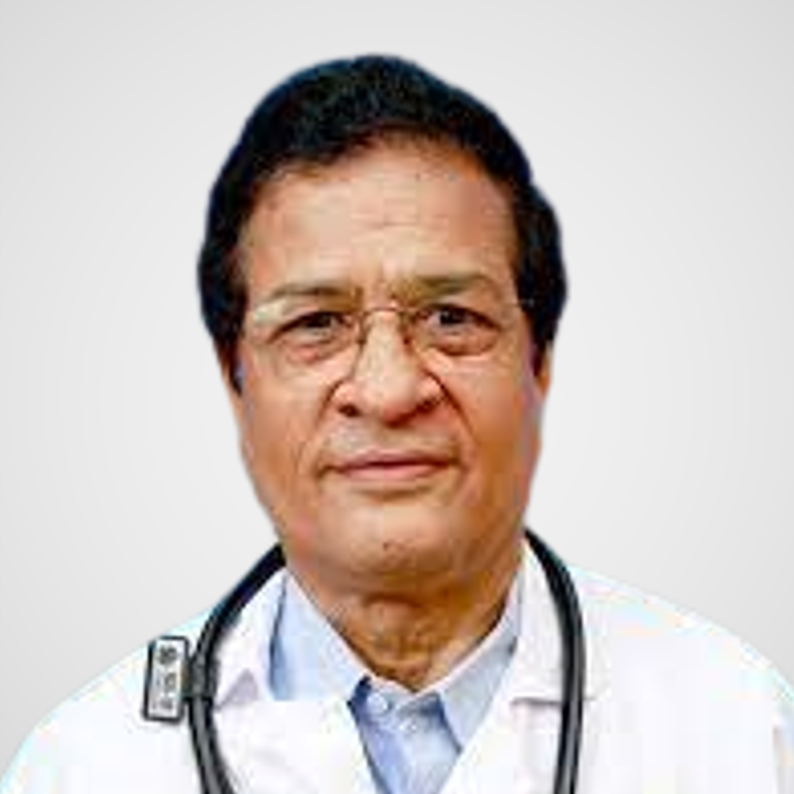




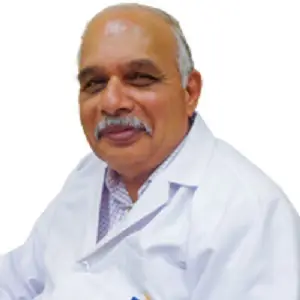
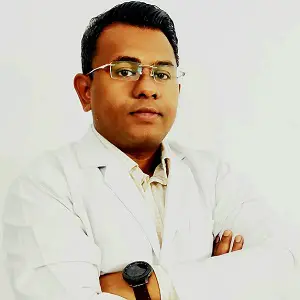
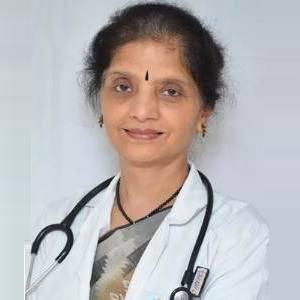
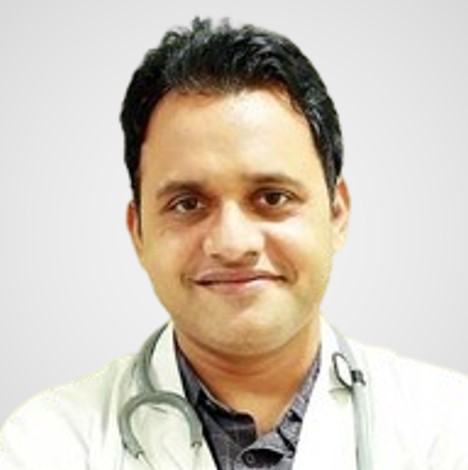
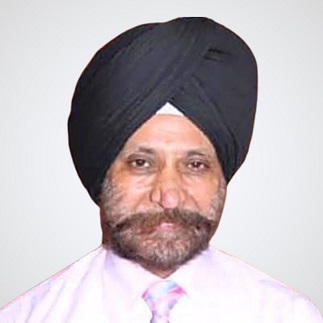

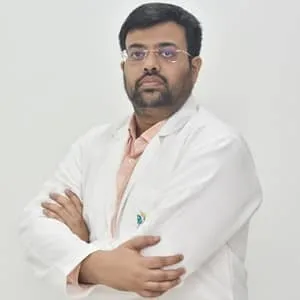
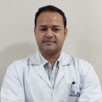


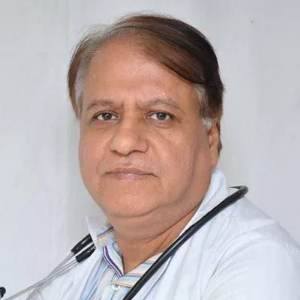
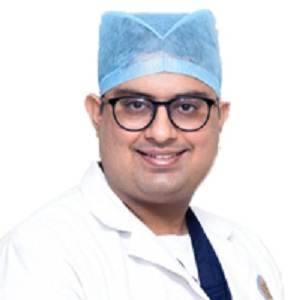
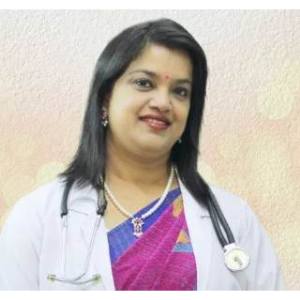
.jpg)
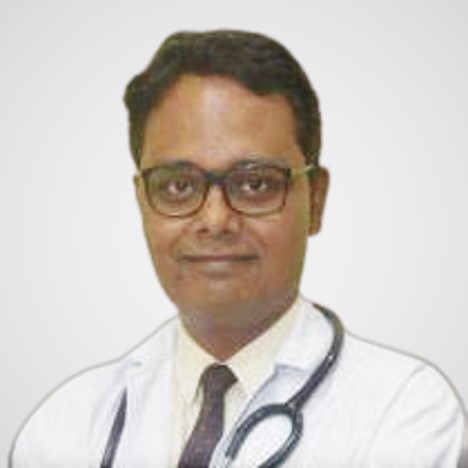
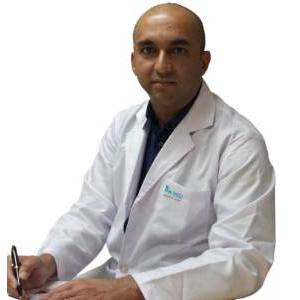
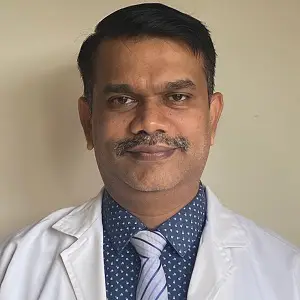
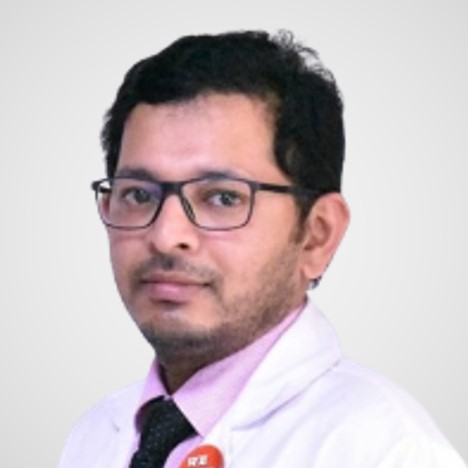
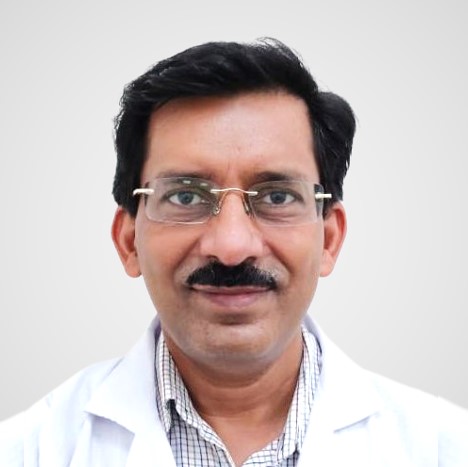
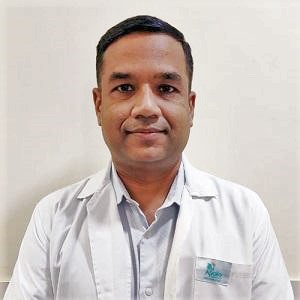
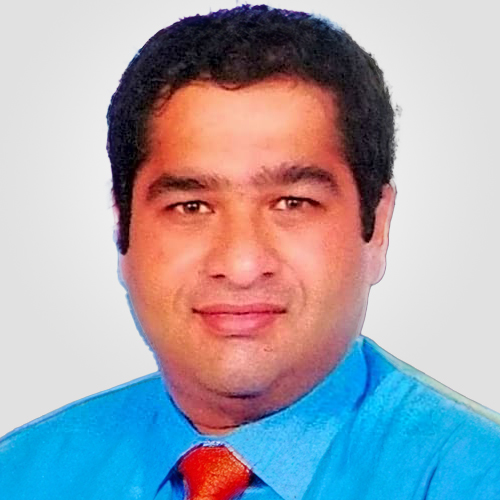
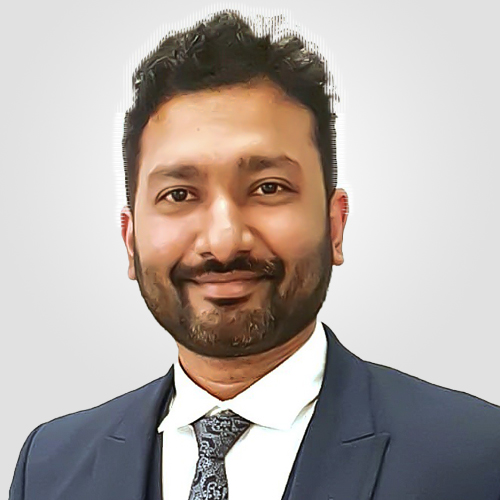

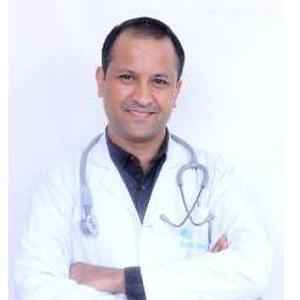
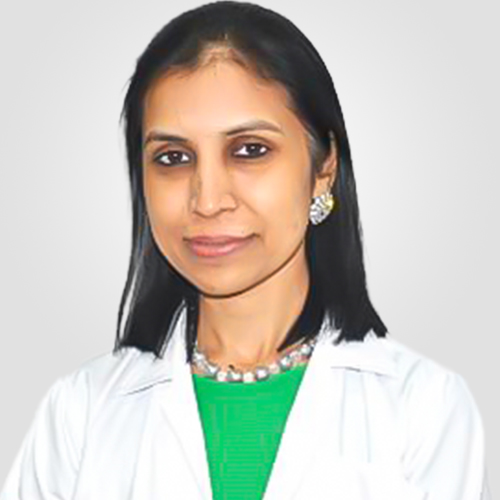


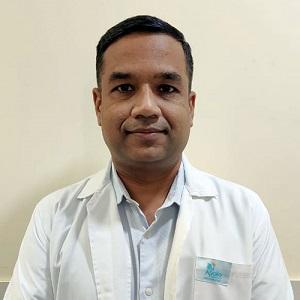
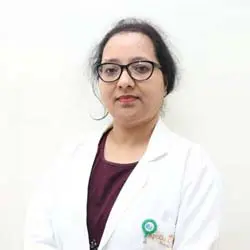
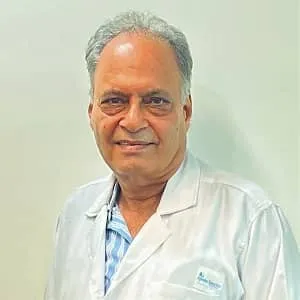
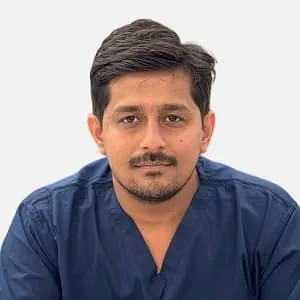


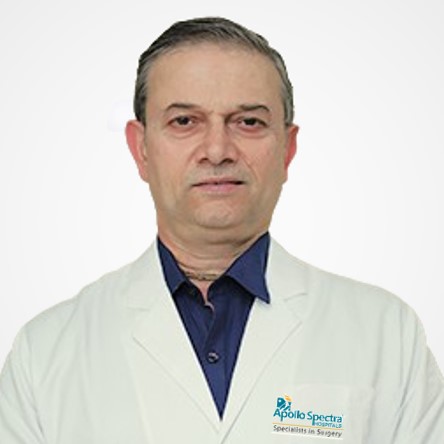

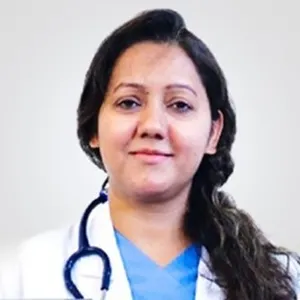
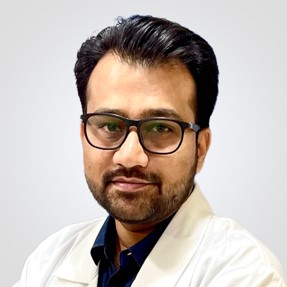
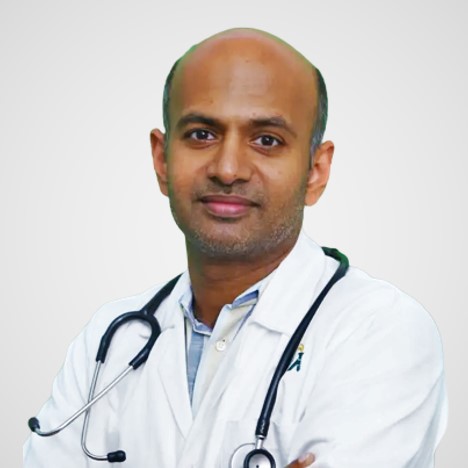
.svg)
.svg)
.svg)
.svg)








